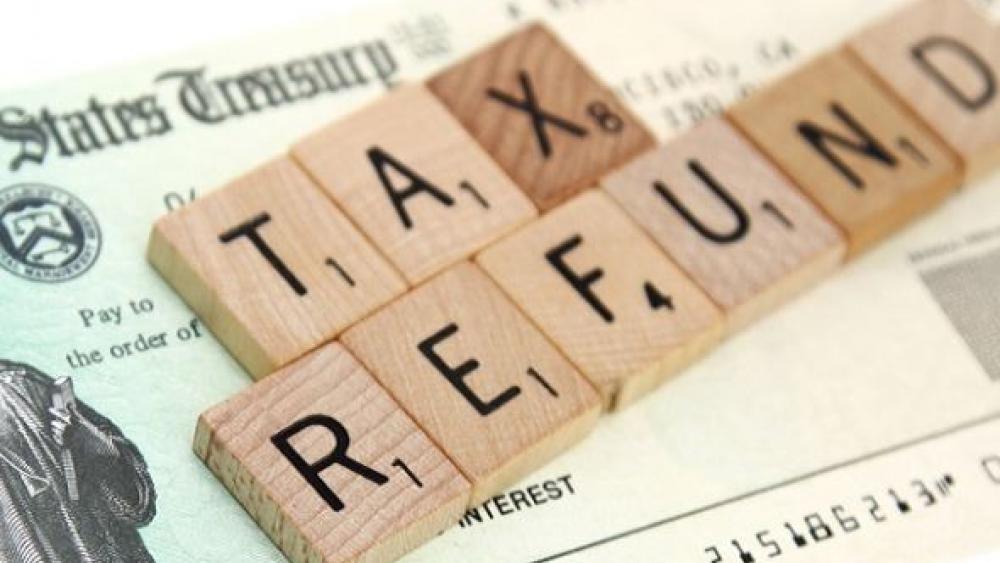-
Clearing Tax Debt with Bankruptcy: Quick Guide & FAQs

All About Clearing Tax Debt with Bankruptcy The bankruptcy code does not specify which tax claims can be eliminated; instead, you determine which tax claims are not dischargeable. Below is a summary of the general rules surrounding the discharge of income tax claims (although other types of tax claims may also be eliminated in bankruptcy).…
-
Overpayments and the timing of the bankruptcy filing – Debtor Beware!

A popular planning objective for taxpayer-debtors who are anticipating a bankruptcy filing while expecting a refund, is to make an election to apply the overpayment to a subsequent year. A taxpayer can elect to have an overpayment refunded or applied to the subsequent year’s estimated tax payment. This election, once made, is generally irrevocable (Sec.…
-
Can Chapter 7 Bankruptcy Discharge State Sales Taxes?

Chapter 7, colloquially known as “straight bankruptcy,” is the “operative” chapter of the Bankruptcy Code that normally governs liquidation of a debtor. Liquidation is a form of relief afforded by bankruptcy laws that involves the collection, liquidation and distribution of the nonexempt property of the debtor and culminates, if the debtor is an individual, in…
-
The 2019 Global Extension to File Returns – Don’t let it Impact your Bankruptcy Discharge

Generally, in order to convert an income tax claim from priority status to a general unsecured claim eligible for discharge in bankruptcy, an individual must satisfy the three-year rule. That is, the filing of bankruptcy must occur more than three years from when the tax was due, including any extensions. If the debtor timely applied…
-
Confirmation in Individuals’ Chapter 11 Case and the Automatic Stay

In Cochran v. Commissioner, 159 T.C. No. 4 (2022), the Tax Court rendered a precedential decision and ruled that the enactment of 11 U.S.C. § 1141(d)(5) created a limitation to the Tax Court’s prior holding in Moody v. Commissioner, 95 T.C. 655 (1990) with respect to the effect under 11 U.S.C. § 362(c) of a confirmation of…
-
It’s Preferential To Pay Trust Fund Taxes Before Bankruptcy Because It’s Not a Preferential Transfer

Certain transfers made within 90 days of a bankruptcy filing can be set aside by the bankruptcy trustee if a creditor received an interest in a debtor’s property on account of a pre-existing debt while the debtor was insolvent, and the transfer puts the creditor in a better position than it would have been in…